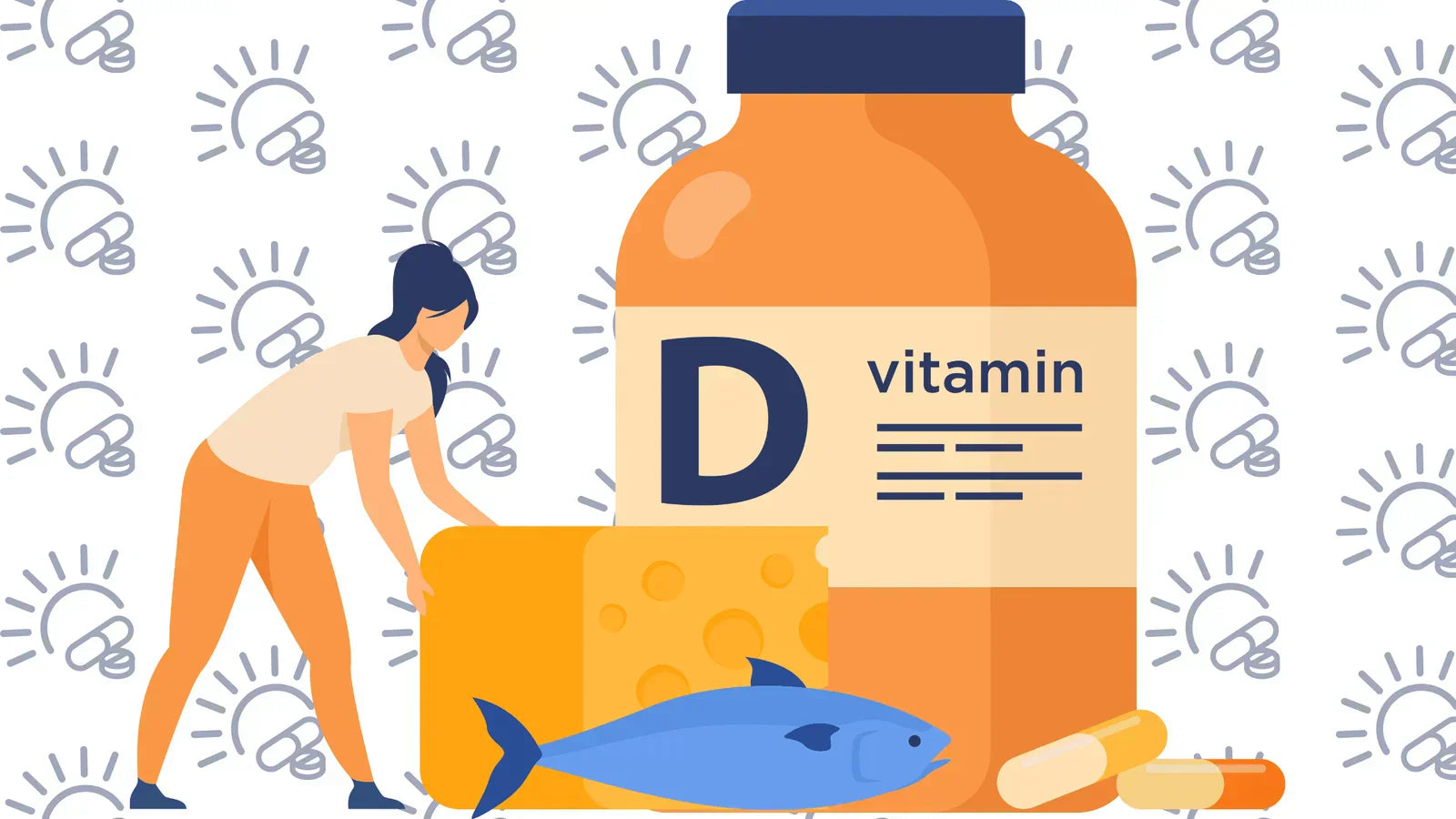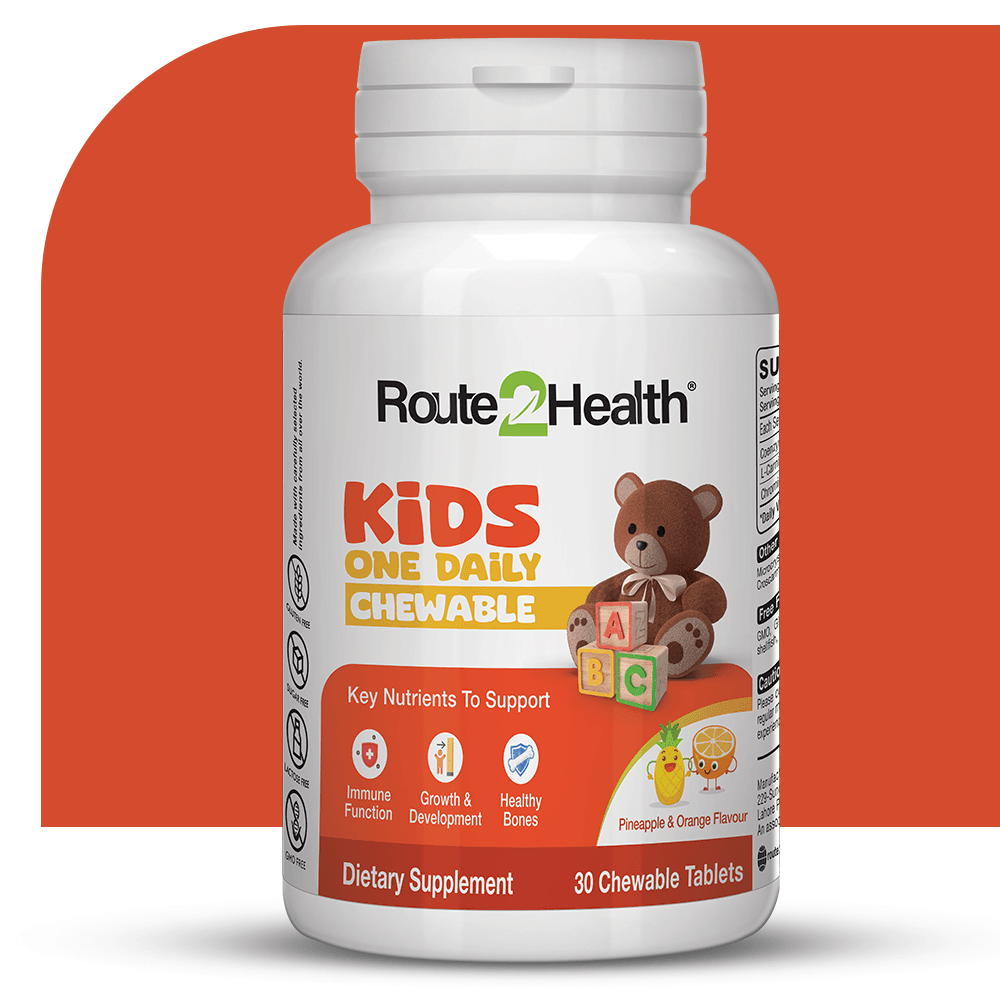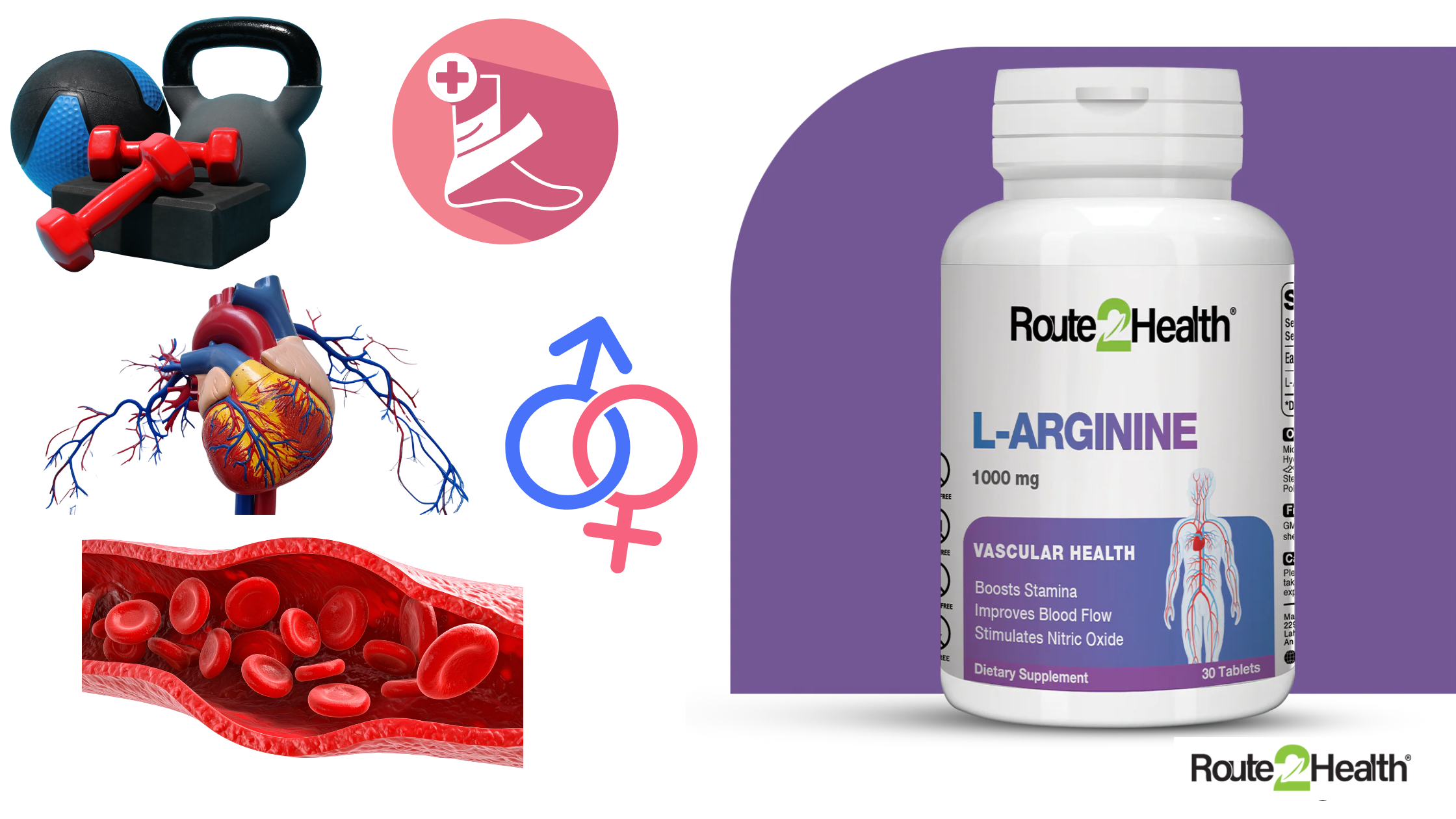
How Much Vitamin D For Kids Is Needed Daily?
Are you wondering if your child is getting enough of the sunshine vitamin? Vitamin D for kids is crucial for their healthy growth, yet many children fail to meet their daily requirements. Without sufficient vitamin D, kids are at risk of developing weak bones, immune system problems, and other health issues. Vitamin D is a vital nutrient that plays a crucial role in maintaining strong bones and teeth. It also supports immune function and overall health. For children, getting enough vitamin D is particularly important for their growth and development. But how much vitamin D for kids is enough, and how can you ensure your child gets the right amount every day? Let’s explore.
Why Is Vitamin D for Kids Important?
Vitamin D for kids plays a vital role in their development. Known as the "sunshine vitamin," it is essential for maintaining strong bones and teeth, supporting immune function, and regulating calcium and phosphorus levels in the body.
Bone Health
Vitamin D helps the body absorb calcium, a key mineral for building and maintaining healthy bones. Without adequate vitamin D, children can develop rickets, a condition that causes weak and deformed bones. According to a study published in the journal “Mayo Clinic Proceedings”, children with severe vitamin D deficiency are more likely to suffer fractures.
Immune Function
Research shows that vitamin D strengthens the immune system by activating T-cells, which protect the body from infections. This is particularly important for growing children who are more susceptible to illnesses like colds and the flu.
Cognitive and Mental Health
Emerging evidence suggests that vitamin D may also support cognitive development and mental health in children. A study in The American Journal of Clinical Nutrition found that low levels of vitamin D were linked to an increased risk of attention deficit hyperactivity disorder (ADHD) and mood disorders in children.
How Much Vitamin D For Kids Is Essential?
The amount of vitamin D for kids depends on their age, diet, lifestyle, and geographic location. Sunlight exposure plays a major role, but dietary intake and supplementation are often necessary, especially in regions with limited sunlight.
Recommended Daily Allowances (RDA) for Vitamin D
The American Academy of Pediatrics (AAP) and the National Institutes of Health (NIH) recommend the following daily vitamin D intake:
- Infants (0-12 months): 400 IU (10 mcg)
- Children (1-18 years): 600 IU (15 mcg)
- Adolescents (18+ years): 600-800 IU (15-20 mcg), depending on body size and sun exposure
Learn The Key Benefits Of Proper Vitamin D Dosage In Kids.
Factors Influencing Vitamin D Needs
Certain factors may increase your child’s vitamin D requirements:
- Dark Skin: Melanin reduces the skin’s ability to produce vitamin D from sunlight.
- Limited Sunlight: Living in northern regions or wearing excessive sunscreen can lower vitamin D synthesis.
- Dietary Restrictions: Children who avoid dairy or follow a vegan diet may lack natural vitamin D sources
How to Ensure Enough Vitamin D For Kids?
Meeting the daily requirements of vitamin D for kids may seem daunting, but with the right approach, it's entirely achievable.
Sunlight Exposure
The body naturally produces vitamin D when the skin is exposed to sunlight. Encourage your child to spend 10–30 minutes outdoors daily, depending on skin tone and the season. However, avoid overexposure to prevent skin damage.
Dietary Sources
Incorporating vitamin D-rich foods into your child’s meals can significantly boost their levels. Foods like fatty fish (salmon, mackerel), fortified milk, eggs, and mushrooms are excellent options.
Supplements
Vitamin D supplements can fill nutritional gaps, especially for picky eaters or children with dietary restrictions. Route2Health's Kid's One Daily provides 15 mcg of vitamin D3, supporting your kids' immunity and overall health. As Kids One Daily is an oral supplement, you must start with some other liquid drop-dosage supplement from birth, especially for breastfed babies.
Can You Give Too Much Vitamin D to Kids?
While vitamin D is essential, excessive intake can lead to toxicity, a condition known as hypervitaminosis D. Symptoms include nausea, vomiting, weakness, and kidney damage. The European Food Safety Authority (EFSA) advises that the tolerable upper intake levels are:
- Infants (0-12 months): 1000 IU (25 mcg)
- Children (1-10 years): 2000 IU (50 mcg)
- Adolescents (11-18 years): 4000 IU (100 mcg)
Stick to recommended dosages and consult a paediatrician before starting any supplement regimen.
Final Thoughts
Ensuring enough vitamin D for kids is critical for their growth, immunity, and overall well-being. By combining safe sunlight exposure, a nutrient-rich diet, and high-quality supplements like Route2Health's Kids One Daily, you can meet their daily vitamin D needs effectively.
Take the first step towards a healthier future for your child. Start incorporating vitamin D into their routine today!
FAQs
1. Why is vitamin D important for kids?
Vitamin D supports healthy bone growth, strengthens the immune system, and aids in calcium absorption, preventing conditions like rickets.
2. How can I tell if my child is vitamin D deficient?
Signs of deficiency include fatigue, frequent illnesses, muscle weakness, and delayed growth. Consult a doctor for a blood test if you suspect low vitamin D levels.
3. Can kids get enough vitamin D from sunlight alone?
While sunlight helps the body produce vitamin D, factors like skin tone, geographic location, and sunscreen use may limit production, often requiring dietary sources or supplements.
4. What are the best food sources of vitamin D for kids?
Fatty fish (like salmon), fortified milk, eggs, and mushrooms are excellent dietary sources of vitamin D.
5. Is it safe to give kids vitamin D supplements daily?
Yes, but always follow recommended dosages based on age. A paediatrician can provide guidance to avoid the risk of over-supplementation.























































